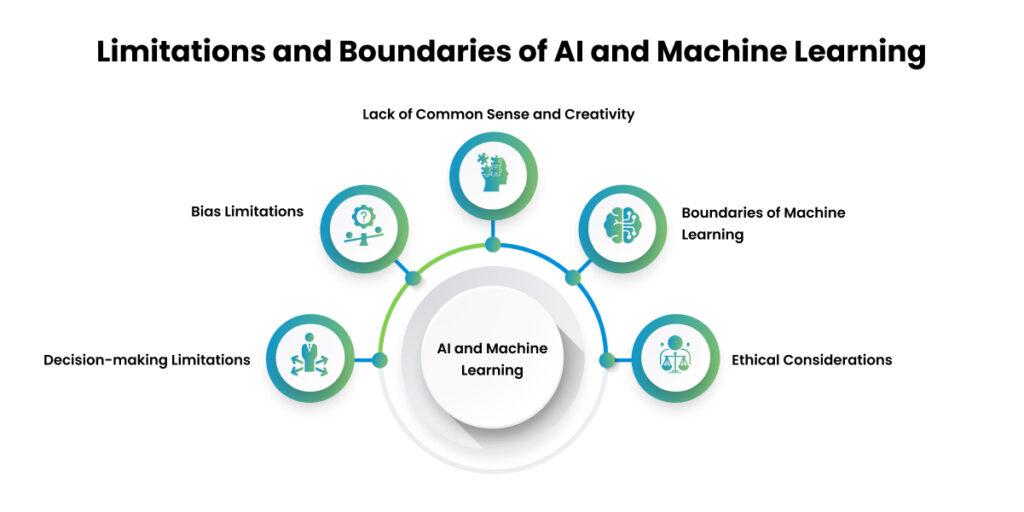
Unveiling the Limits of AI: Apple’s Experiment Redefines Intelligence
In the world of artificial intelligence, expectations often run high, but a recent experiment conducted by Apple’s AI research team casts shadows over what we perceive as intelligence in machines. Apple has made strides with its first Apple Intelligence features and the launch of new AI-optimized Macs. However, these advancements may not bridge the gap between human and artificial reasoning as markedly as one might think.
Dissecting AI’s Capabilities
A recent paper published by Apple researchers offers insights into a significant limitation of current AI technologies. The researchers devised a task that involved basic arithmetic problem solving, thoroughly testing how well leading AI models performed under the conditions of human-like reasoning.
Consider this problem posed to the models:
Oliver picks 44 kiwis on Friday. Then he picks 58 kiwis on Saturday. On Sunday, he picks double the number of kiwis he did on Friday, but five of them were a bit smaller than average. How many kiwis does Oliver have?
The correct answer, which is 190, is well within the capability of an average elementary school student. Unfortunately, Apple’s investigations revealed that over 20 state-of-the-art AI models struggled to derive the correct answer, with many failing to arrive at the right conclusion altogether.
This experiment illuminates a crucial limitation: leading AI models can experience what the team termed “catastrophic performance drops” when faced with straightforward mathematical problems that feature distractors or irrelevant information. The researchers highlighted that children quickly learn to disregard unnecessary details, whereas AI models falter under such conditions. This disparity subtly yet powerfully questions the essence of AI’s capabilities.
 Exploring the frontiers of artificial intelligence
Exploring the frontiers of artificial intelligence
A Cautionary Note on AI Intelligence
The findings from Apple’s research serve as a reminder that the “intelligence” exhibited by AI systems may not mirror true human logic or reasoning. Rather than shattering the excitement around AI, the researchers argue that their findings ought to temper expectations about its current abilities. They emphasize that genuine logical reasoning capability continues to elude even the most advanced AI technologies.
Critics of unchecked AI optimism might argue that the problem stems from a lack of scale in data and model capabilities. However, the Apple research team addressed this presumption, stating plainly, “Can scaling data, models, or compute fundamentally solve this? We don’t think so!” This insight serves as a pivotal caution for those imagining a near-future where AI surpasses human cognitive abilities effortlessly.
In a world increasingly reliant on AI for decision-making, understanding its limitations is vital. As AI systems perform tasks with what appears to be remarkable intelligence, they still operate within boundaries that challenge their efficacy in reasoning under complex conditions. This begs the question: when and how can we best utilize AI when its foundational logic falters?
 The evolving landscape of artificial intelligence
The evolving landscape of artificial intelligence
Moving Forward with AI
While Apple’s assessment does not aim to dissuade interest or investment in AI, it underscores the importance of maintaining a balanced perspective about what these systems can achieve. The realm of artificial intelligence has immense potential; yet, the mainstream narrative should embody a nuanced understanding of its limitations. We are witnessing incredible innovations, but they should be viewed through the lens of realistic expectations.
As we eagerly anticipate further advancements within the AI ecosystem, Apple’s research serves as a reminder that while technology continues to uplift many aspects of our lives, a careful approach towards its integration and reliance is paramount. We must be cautious about overestimating AI’s reasoning capabilities and place faith only in what can be backed by empirical evidence and consistent performance across various scenarios.
In conclusion, Apple’s intellectual investigation into AI’s arithmetic prowess sheds light on the still-murky waters surrounding artificial reasoning. As feedback continues to flow from both researchers and users alike, it’s essential that we remain vigilant about the unfolding realities of AI’s role in society.
What are your thoughts on the findings presented by Apple? Share your insights in the comments section as we explore the future path of AI technologies together.
 Discovering the boundaries of intelligence
Discovering the boundaries of intelligence
Conclusion
The dialogue around AI’s capabilities is crucial as we look toward future developments. AI can indeed perform many tasks intelligently, but immediate caution is warranted to prevent the conflation of performance with genuine understanding or reasoning. It’s imperative that discussions around AI remain grounded in its actual capabilities, promoting a more informed and cautious approach to these rapidly evolving technologies.















